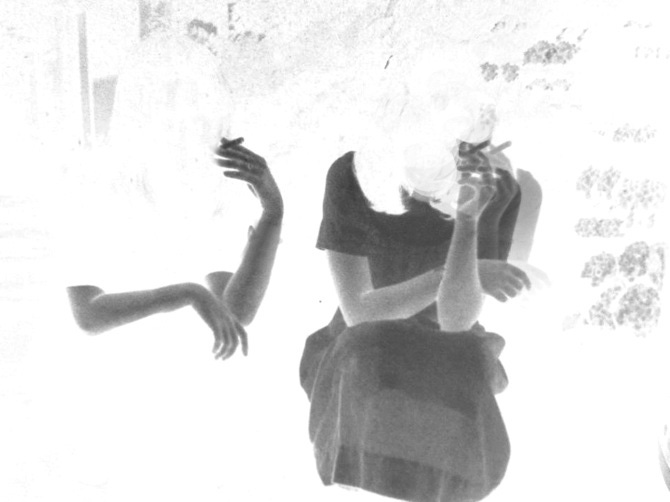“I have a fear of being boring,” I told my friend Crystal. I don’t remember how this came up, but she found it really funny and hard to believe. “It’s like me being afraid I don’t talk enough,” she said. “You’re one of the most interesting people I know.” It was heartening to hear this, especially coming from an extravert.
As a fiction writer, it’s my job to not bore people. And I’m proud to say no one has ever accused me of bogging a story down with unnecessary details or purple prose. Pacing is my strength. I employ concision to a fault. Instead, I am told: you need to add more interiority. You need to show what the character is thinking and feeling, how she’s processing what’s happening.
It’s ironic that interiority doesn’t come naturally to me since I spend so much time in my own head. But I think it goes back to the fear of being boring: I don’t want to risk over-explaining. Isn’t it obvious what she’s thinking and feeling?
In my own life, when I assume people know what I’m thinking or feeling, I’m usually wrong. The introvert’s fallacy is to assume that what’s obvious to them is obvious to other people. Extraverts have no problem explaining themselves to other people. I need to channel more of that energy in my life and in my writing.
I believe fiction is the most intimate form of storytelling. It’s the most deeply revealing of the author, more so than memoir or personal essays, because you don’t get to choose what to put on the page. Not really.
Fiction is an act of the imagination, an honest expression of the subconscious where your deepest insecurities, nightmares, neuroses, and exiled parts hang out, and they will find their way into the story, whether you like it or not. You could be figuring out a plot point or a character’s back story and suddenly realize you’re drawing from past trauma or a weird obsession you had years ago.
And so, my most interesting “selves” are locked away in the story I’m writing. And I fear that I present to the world as bland because fiction writing isn’t something you can go around talking about with just anyone. (Why couldn’t I have a passion for surfing or rock climbing or musical theater, activities that lend themselves naturally to socialization?)
So much of writing—I would say at least 80%—is thinking. You’re writing as you’re walking to the subway, you’re writing as you’re waiting in line at the pharmacy, you’re writing as you make dinner. But so much of what our culture values is doing. “What did you do this weekend?” we ask each other, not “What were you thinking about?”
Maybe there’s nothing to fear because if you’re so afraid of boring people, you’re going to do everything you possibly can to not be boring. I’ve always found it reassuring that the thing you’re most afraid of doing is probably the thing you’re least likely to do.
For example, I’m afraid of hurting people by saying something insensitive, so I’m careful with my words and try to adapt to people’s temperaments and sensibilities. God forbid I rub them the wrong way. It’s not conscious effort. It’s just my default mode of being, and I suspect most of us do this to some extent. We prefer harmony to dissonance.
But there is tension between the fear of being disliked and the fear of being boring. Of course, it’s possible to be both likable and interesting. But to avoid being boring, you can’t please everyone all the time. One day, inevitably, you’re going to start a fire.
I had a phone call with a friend recently where I explained my unpopular view on groups and communities, my ambivalence toward identifying with any particular group. When I was done talking, there was silence on the other end. I had this sinking feeling in my chest, and thought, oh no, I’ve said something offensive. It felt like I had pulled down the curtain and revealed that I wasn’t who he thought I was. We hung up soon after that, and the feeling lasted maybe five minutes. Then, I snapped out of it and realized it was all in my head: his reaction was probably nothing like my anxious, people-pleasing self imagined it to be, and even if it was, so what? I’m glad I took the conversation into “spiky” territory. It felt good to give voice to something that was on my mind instead of keeping it trapped inside. I was decidedly not boring.




The sinking feeling you describe in the last paragraph is so relatable! Though my anxiety sometimes amplifies it in repeating cycles with varying periodicity, so it’s not as easily subdued. Enjoyed the hopeful conclusion!
Great point about interiority in fiction and the fear of overexplaining. Most people have to cut words when they're editing; I often find myself having to add some because a character's thoughts/action, though clear to me, require a bit of extra interiority to become (more?) relatable to readers.